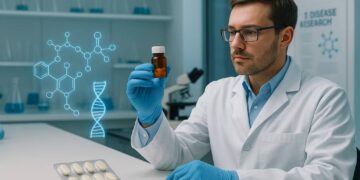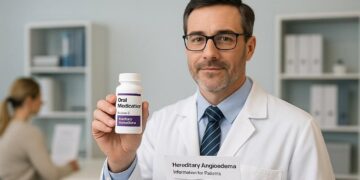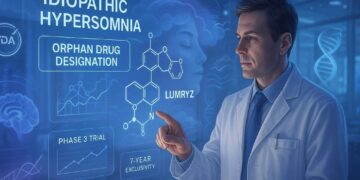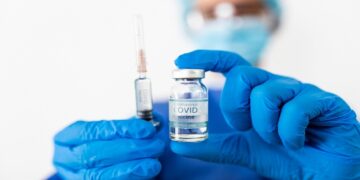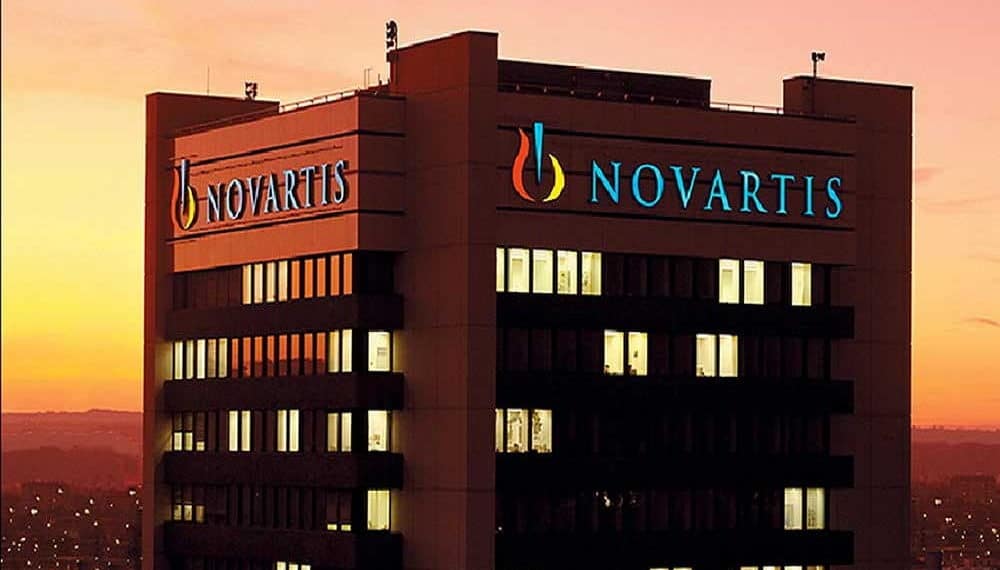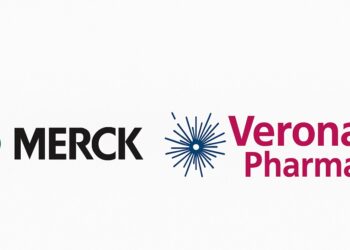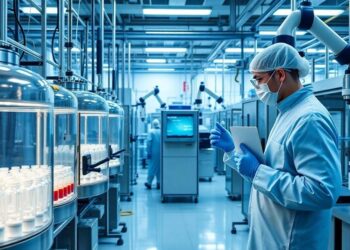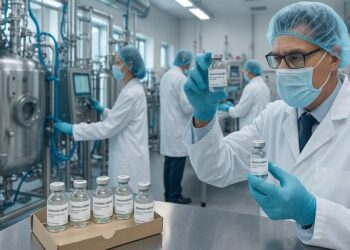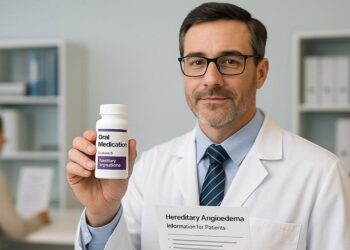He is a medical doctor by training but it is big data and its implications that is engaging his attention and with good reason. Dr Shreeram Aradhye, chief medical officer at Novartis Pharma, USA, says, “we will need to focus on true breakthroughs, therapies that are truly transformative – either life enhancing or meaningfully life changing – He was speaking at BioAsia 2018 in Hyderabad on Friday, February 23rd.
He talked about therapies that can become as personalized as possible and on how Novartis was keen on these and pursuing scientific innovation. He saw value in the principle of understanding pathways, and said “that understanding of science can be benefited by the use of technology and big data that allows us to do things more efficiently.” On breakthroughs, he said, “what we produce are no longer just chemical or biological drugs but we can actually use modified human cells as drugs (especially in dealing with cancer care).
Also, he said, “for the first time, through the use of technology we now have the ability to understand people living with conditions in a more holistic manner, in what I call, a quantified life, in which the availability of big data is making it possible to get more “real world data” – data collected from outside the trial construct (where number of things are highly controlled). Here, the information is from the real world – could be for instance, from simple wearable devices people wear. All of which to help find patterns that may have not been possible earlier.
Later, Business Today asked him on where does India fit into this and he said: “Our development centre here in Hyderabad is like our sites in New Jersey or Basel and we think of it as an integral part of our global organisation. Many parts of the work that we do for drug development world wide, are being done by colleagues in Hyderabad and they are fundamental part of the journey.”
What about the common gripe that the regulatory regime in India is not conducive for clinical trials. How does Novartis therefore ensure that Indian population does not go under represented in the trials for new drugs? “In programmes where we want Indian representation, we are able to get it. We have the infrastructure and the team to do it. In general, I believe we have the necessary infrastructure and the support needed to be able to do the kind of trials we expect to do and in fact, India for us is always considered as a core component of our global programmes,” he said.
On plans to expand the operations in India, he said: “That depends on how things evolve but I think we have a significant presence already with around 4,000 people here in Hyderabad.”





